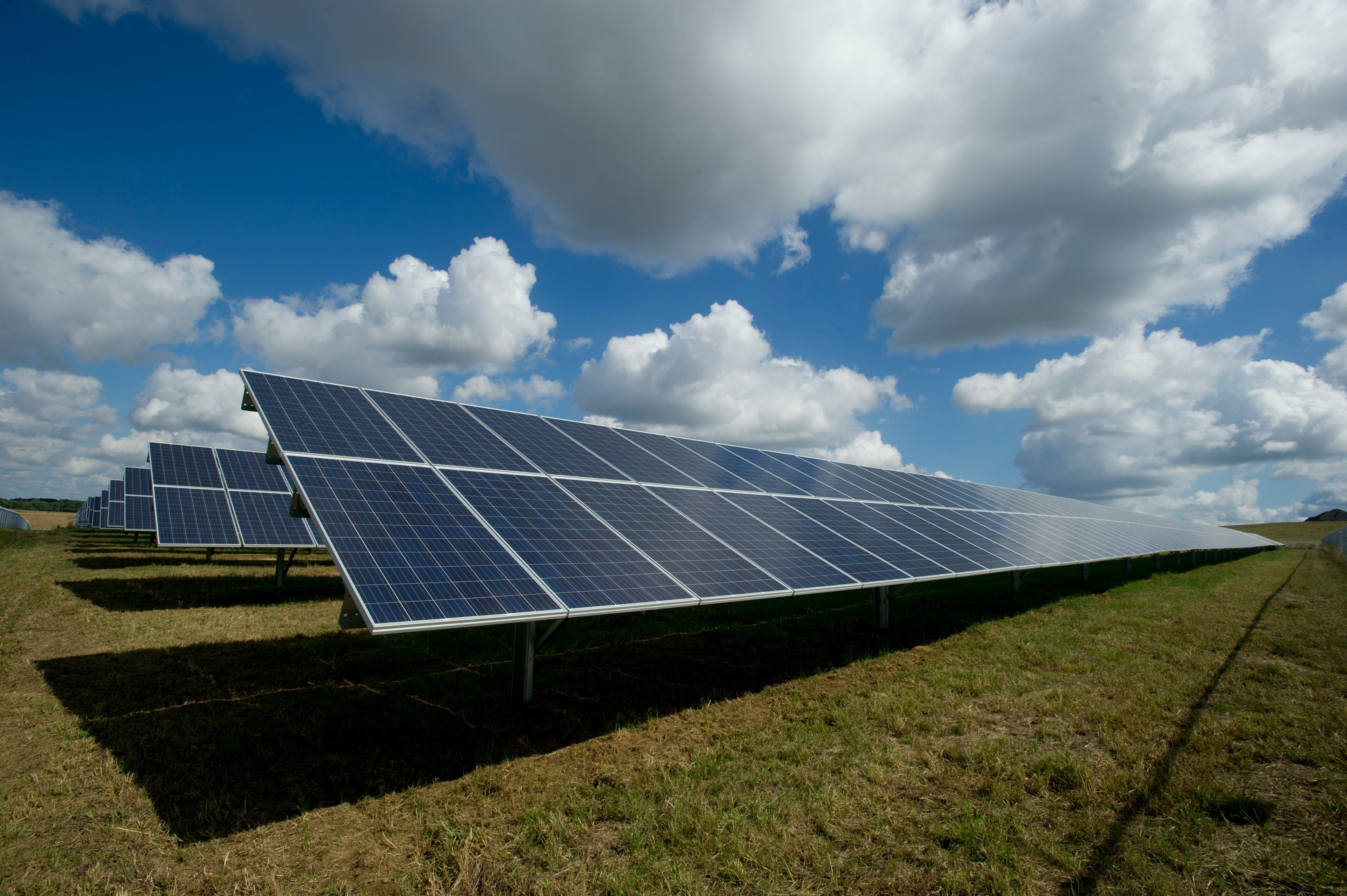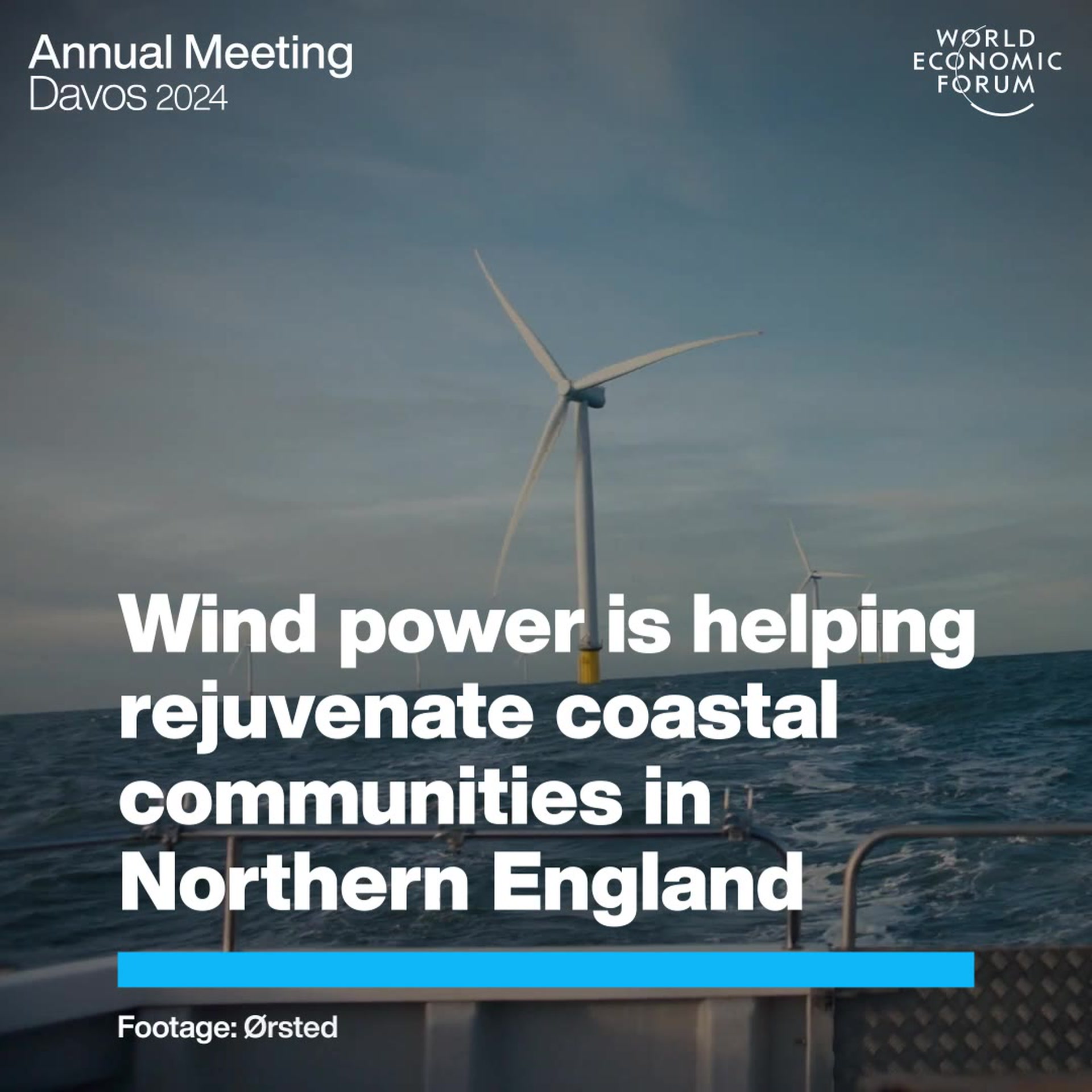How can we switch off light poverty?

Countries suffering from light poverty could of course solve their problems by investing in electric grids and power plants so that electricity can be reliably generated and distributed.

Get involved with our crowdsourced digital platform to deliver impact at scale
Stay up to date:
Electricity
Human ingenuity knows few boundaries. We’re learning how to print human organs. Self-driving cars are hitting the roads. And recently we landed a spacecraft on the surface of a comet. And yet, for all of these accomplishments, we still live in a world where 1.3 billion people lack access to electric light. That’s one in five people on the planet. Like water and food, light is a basic necessity that no human being should live without and the time has come for the world to recognize and end lighting poverty.
Artificial light is crucial to human development. Without it, shops cannot do business, hospitals cannot treat people and pupils cannot study. Light makes it safer for people to move freely and enables community life to flourish after the sun goes down. At best, communities without electricity use candles or kerosene lamps, but these are dangerous and unhealthy. Kerosene lamps, candles and wood fires lead to 1.5 million deaths per year due to fires and respiratory illnesses – the equivalent of the population of the city of Phoenix, Arizona every year.
This is simply not acceptable, particularly as technology exists today, in the form of solar powered LED lighting that can consign light poverty to the history books.
International Year of Light
Inadequate access to light severely limits the ability of communities and economies to grow. Understanding this, the United Nations has proclaimed 2015 the International Year of Light. By bringing together governments, private sector partners and scientific bodies, the UN wants to raise awareness about how light-based technologies can promote sustainable development and provide solutions to global challenges in energy, education, agriculture and health. This focus on technology is key.
Countries suffering from lighting poverty could of course solve their problems by investing in electric grids and power plants, so that electricity can be reliably generated and distributed. But the geographic areas needing to be covered are so vast that the costs are simply prohibitive. Luckily, developing countries in Africa and Asia can bypass these barriers and directly embrace the latest generation of innovative lighting technologies. Chief among these is solar-powered lighting, which results in virtually zero carbon emissions.
Solar-powered lanterns can provide a single room with clean light at a cost of $10-20 per year, compared to $50 for kerosene. Another solution, suitable for larger urban areas, are light centres, which combine efficient LED luminaires with solar panels to generate light for a 7,000 m2 surface, roughly the surface of a football pitch. These light centres are easy to install and maintain and are far more reliable than electric grids, which suffer from regular outages. In addition, the total cost of ownership can be significantly lower than that of a comparable grid-based solution.
Lighting up the world
Philips, which pioneered these light centres, is currently installing 100 of them in the rural areas in Africa by the end of 2015, where some 500 million people do not have access to light. Our hope is that these or other light solutions can be implemented on a geographically meaningful scale so that millions of people can be reached. To achieve that, governments, the private sector and NGOs need to work closely together and adopt new business models. Foresight and political will are needed.
As CEO of a lighting company, I appreciate this call for action could be viewed by some as opportunistic. But I strongly believe that light should be viewed as a basic human right and is a key ingredient for societal development.
The economic argument is compelling as access to light is a catalyst for economic growth in areas that need it the most. So if we can send a spacecraft on a 6.4 km billion voyage and land it on top of a comet just 4 km wide, then surely we can deliver light to people living next door. In 2015, the International Year of Light, I call on all politicians to commit to ending lighting poverty.
Author: Eric Rondolat is the Chief Executive Officer of Lighting at Royal Philips.
Image: Mary Joy Fabella, 12, (L) cooks dinner for her family as her father Danivo Fabella, 55, opens canned fish at their makeshift shelter in the aftermath of Typhoon Haiyan in Palo Leyte city. REUTERS/Athit Perawongmetha
Don't miss any update on this topic
Create a free account and access your personalized content collection with our latest publications and analyses.
License and Republishing
World Economic Forum articles may be republished in accordance with the Creative Commons Attribution-NonCommercial-NoDerivatives 4.0 International Public License, and in accordance with our Terms of Use.
The views expressed in this article are those of the author alone and not the World Economic Forum.
Related topics:
The Agenda Weekly
A weekly update of the most important issues driving the global agenda
You can unsubscribe at any time using the link in our emails. For more details, review our privacy policy.
More on ElectricitySee all
Francisco Laverón, Randolph Brazier, Natalia Zabolotnikova and Xabier Mugarza Zorriqueta
March 26, 2024
Johnny Wood
February 8, 2024
Cristen Hemingway Jaynes
February 5, 2024
Jamie Wylie and Adrienne Gibbs
January 18, 2024
January 17, 2024






